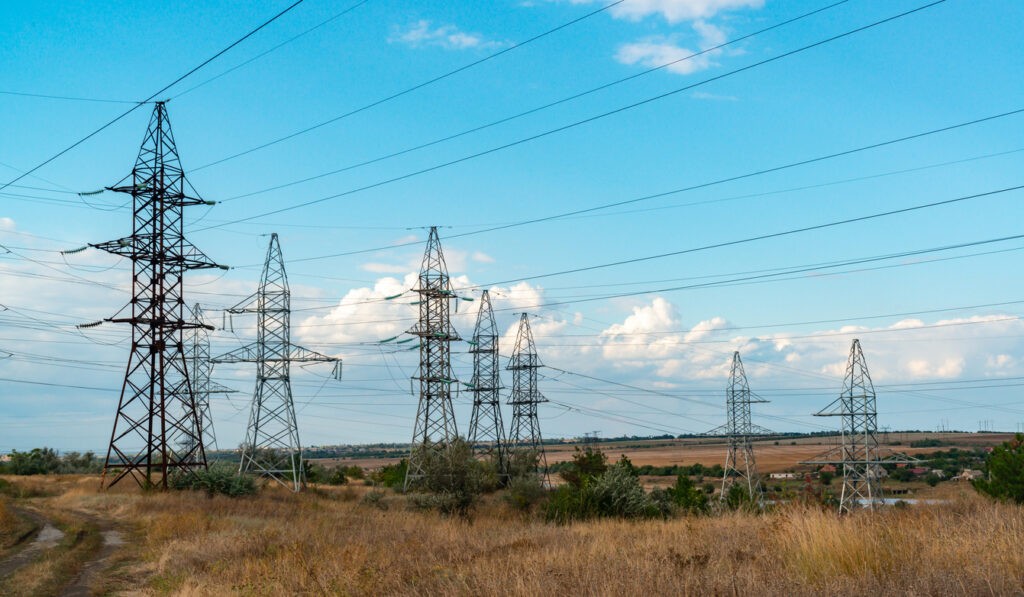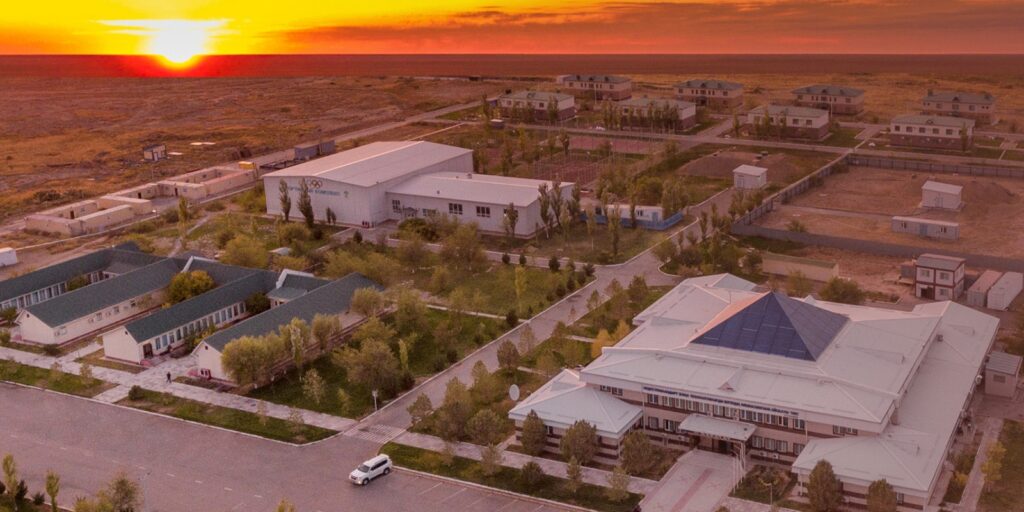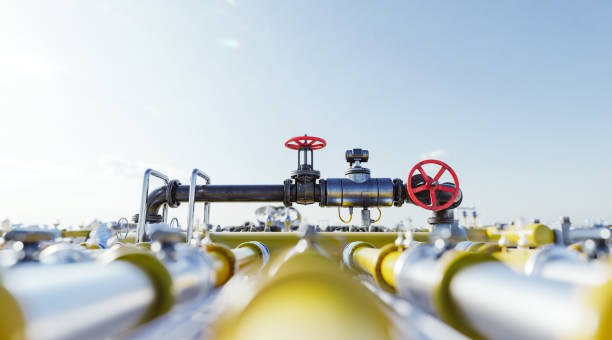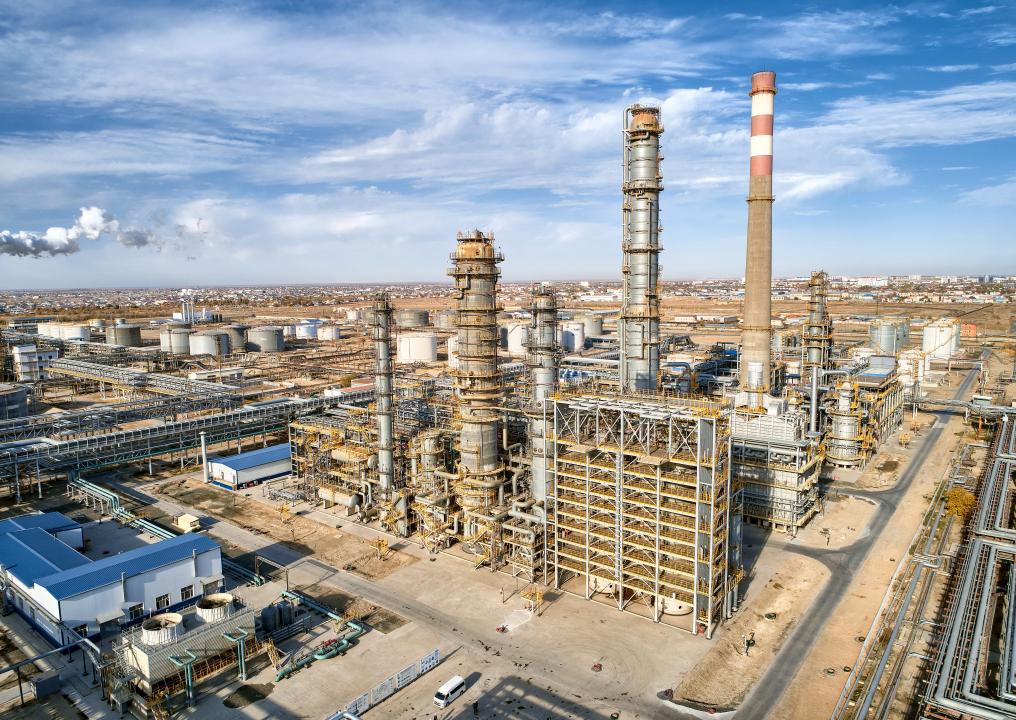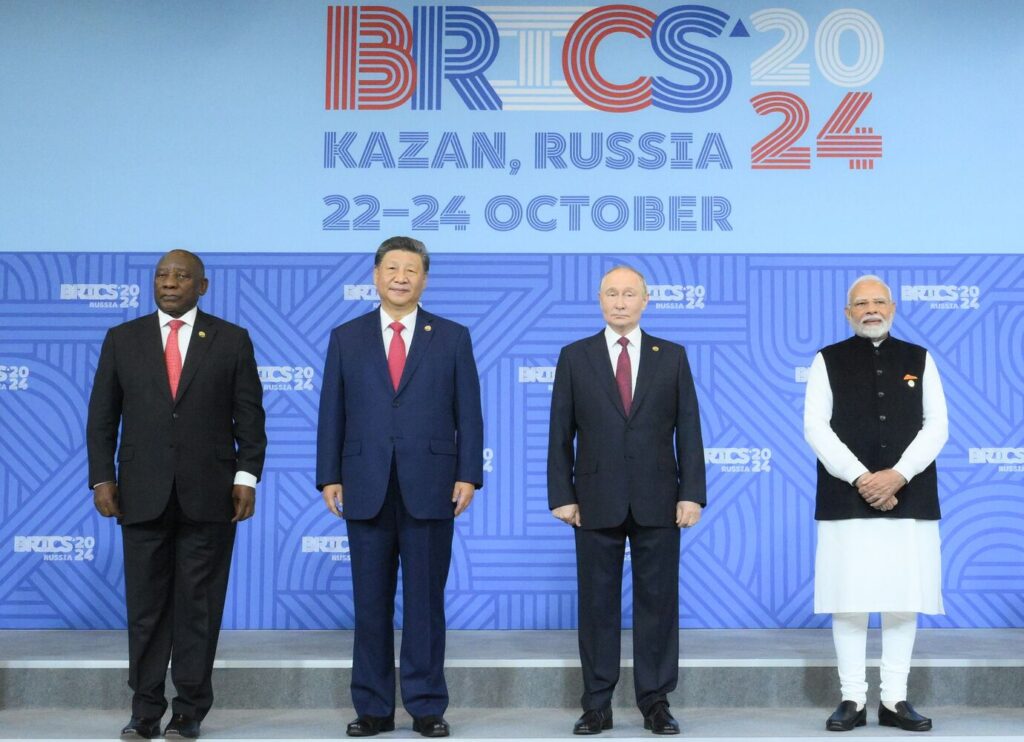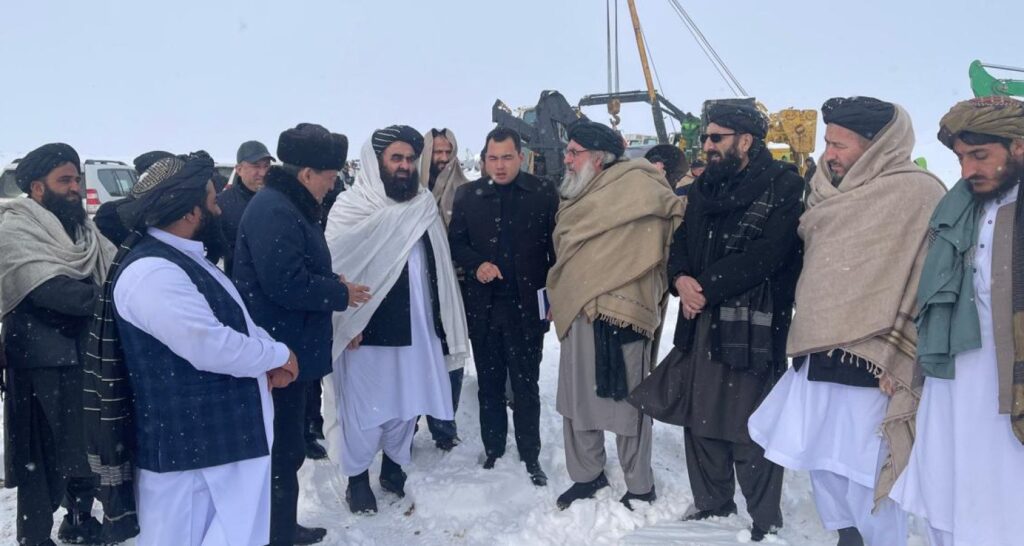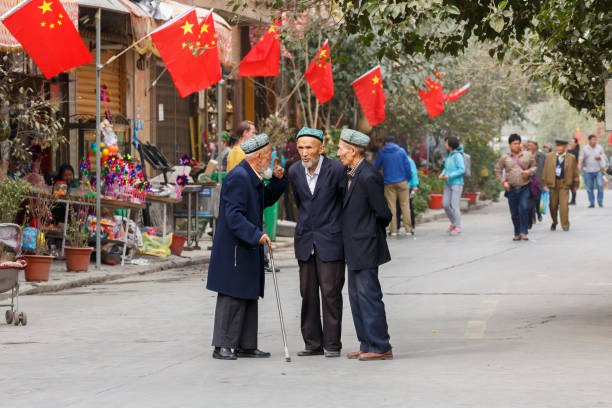KABUL (TCA) — Leaders of Afghanistan, Turkmenistan, Pakistan, and India have inaugurated the start of work on the Afghan section of a multibillion-dollar natural-gas pipeline project aimed to diversify Turkmenistan’s gas-export routes, help Afghanistan earn by gas transit, and meet the energy needs of South Asian nations.
The Afghan and Turkmen presidents, Ashraf Ghani and Gurbanguly Berdymukhammedov, were joined by Pakistani Prime Minister Shahid Khaqan Abbasi and India’s Minister of State for External Affairs M.J. Akbar on February 23 in Afghanistan’s western city of Herat for the groundbreaking ceremony for the Afghan section of the TAPI (Turkmenistan-Afghanistan-Pakistan-India) natural-gas pipeline, RFE/RL’s Radio Free Afghanistan reported.
“Galkynysh, the world’s second-biggest gas field, will feed the TAPI pipeline,” Berdymukhamedov told reporters gathered in a town near the Turkmen-Afghan border via a video link from Herat.
Turkmenistan holds the world’s fourth-largest natural gas reserves but has been heavily dependent on gas exports to China after Russia cut back on gas imports in the last few years.
The planned 1,800-kilometer pipeline connecting Central Asia with South Asia is to carry 33 billion cubic meters of Turkmen natural gas annually for 30 years.
The total cost of the project, which is expected to take two years to complete, is estimated at $10 billion.
“A new chapter of economic growth and regional connectivity starts right here in the economic and cultural hub of #Afghanistan,” Ghani wrote on Twitter after arriving in Herat on February 22.
Heavy security will guard the pipeline construction through Afghanistan, said Jelani Farhad, a spokesman for the Herat provincial governor’s office, on February 23.
“It’s a golden day for Afghanistan today. It will help our economy and create thousands of jobs,” Farhad said.
Backers of the TAPI pipeline say it will ease energy deficits in South Asia and help reduce tensions in the divided region.
Afghan officials say Kabul should earn some $500 million annually in transit duties and that the project should help create thousands of jobs.
The planned underground pipeline is intended to carry 33 billion cubic meters of gas annually alongside Afghanistan’s Herat-Kandahar highway, then through Quetta and Multan in Pakistan and ending up at the India-Pakistan border town of Fazilka.
It would start from the Galkynysh Gas Field near the town of Yoloten in Turkmenistan’s eastern province of Mary.
Officials say 5 billion cubic meters would go to Afghanistan and India, and Pakistan would buy around 14 billion.
The pipeline would mostly run through parts of Afghanistan where the Taliban have a strong presence. However, the main Taliban organization in the country has declared its support for TAPI, calling it an “important project” for the country.

